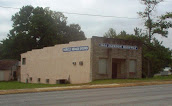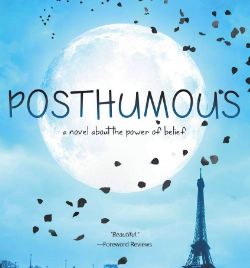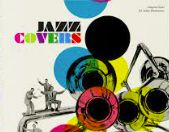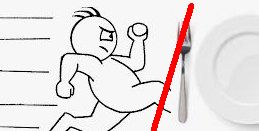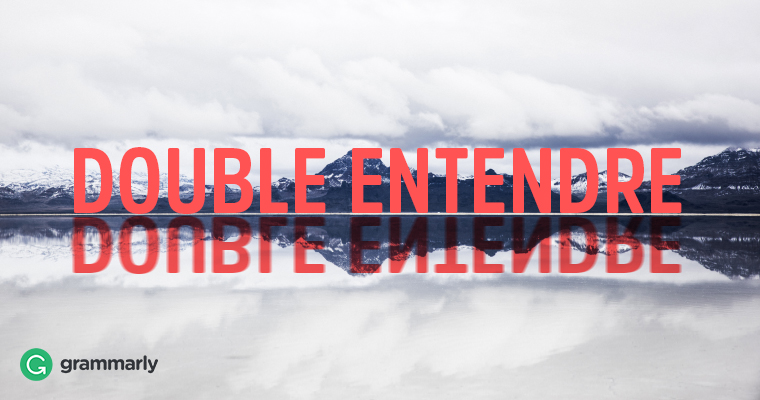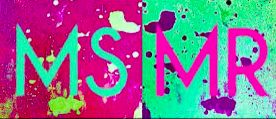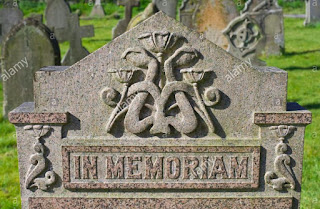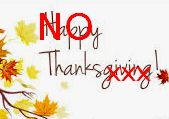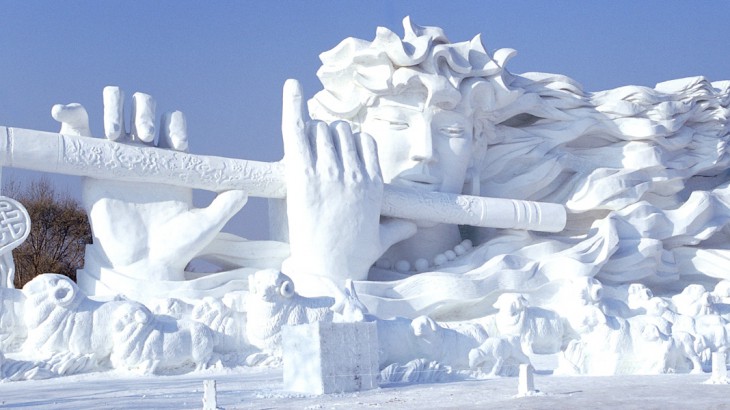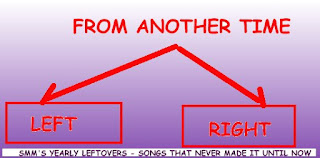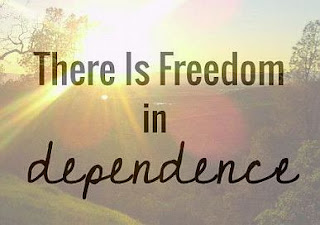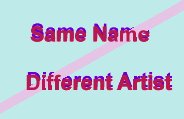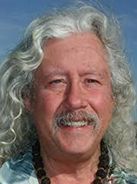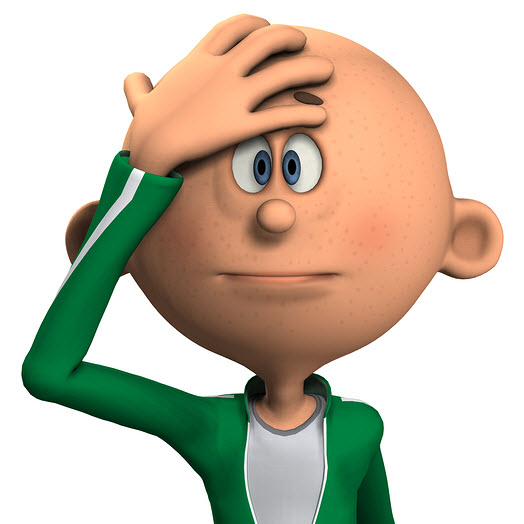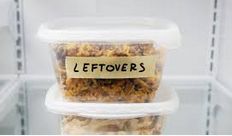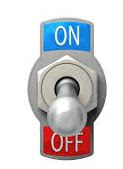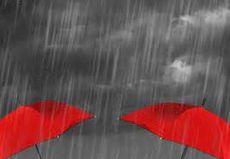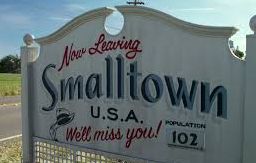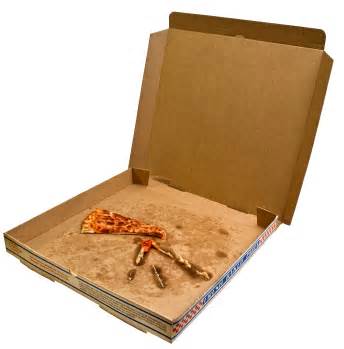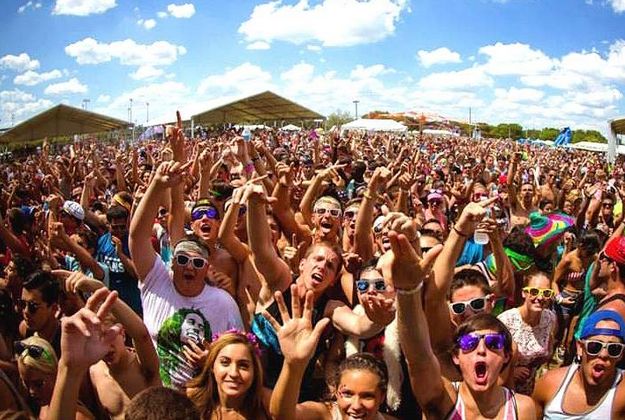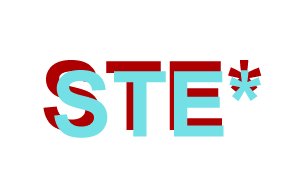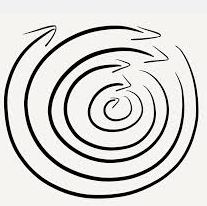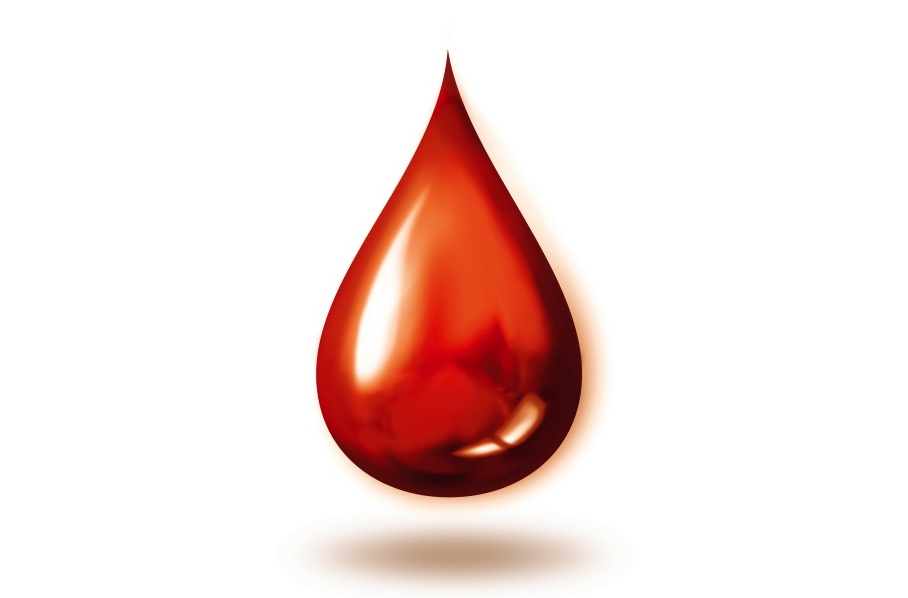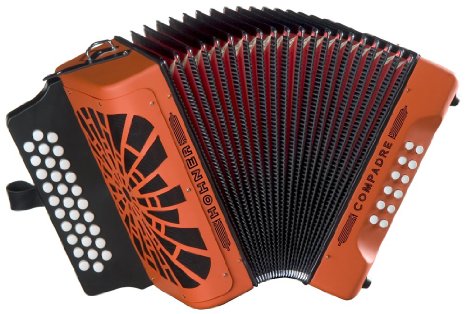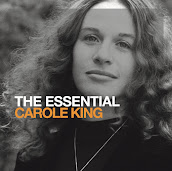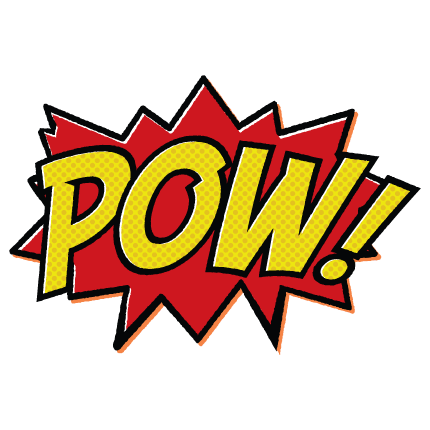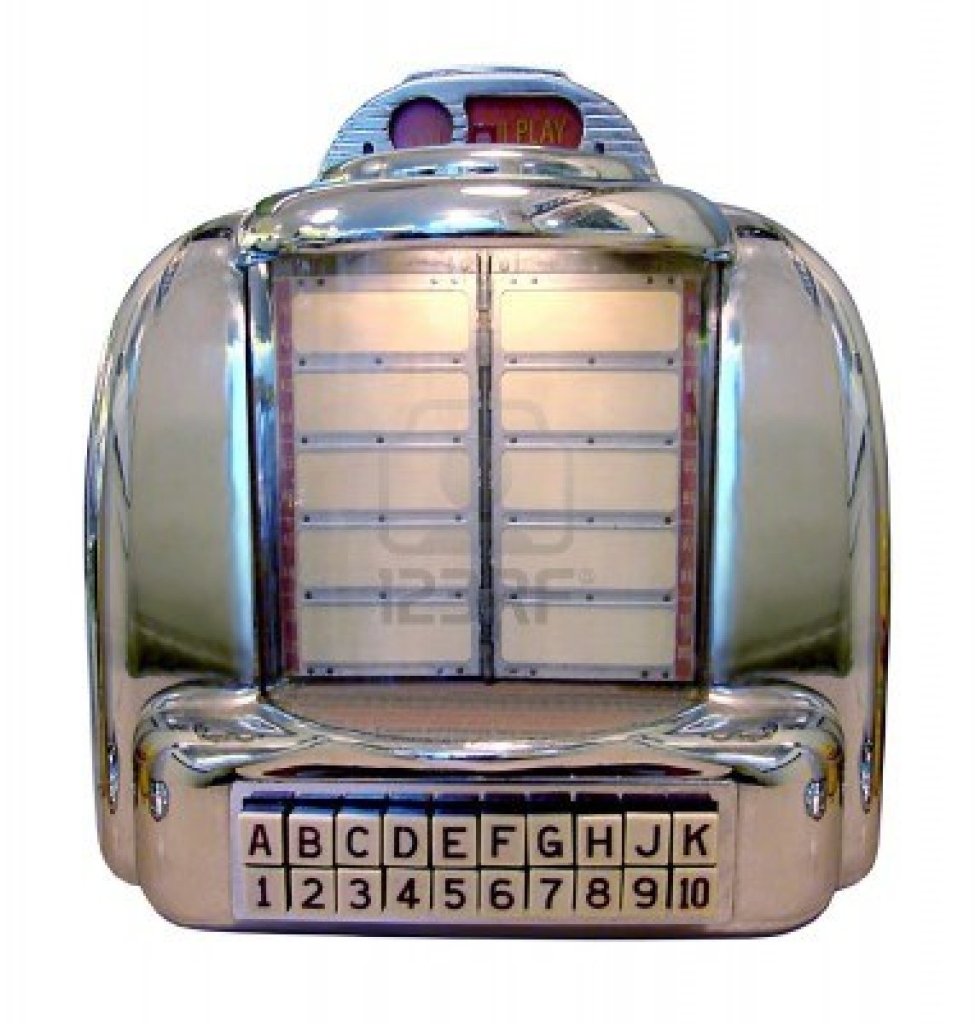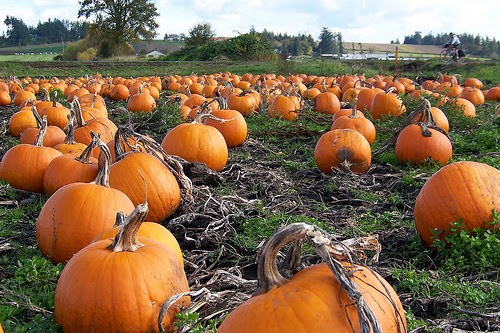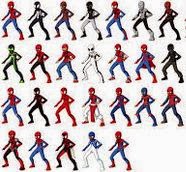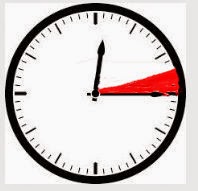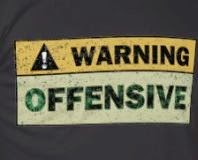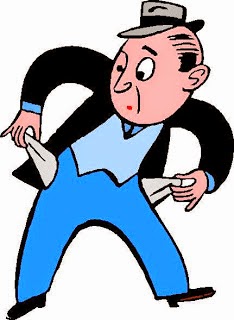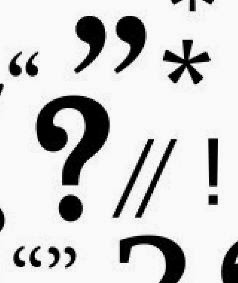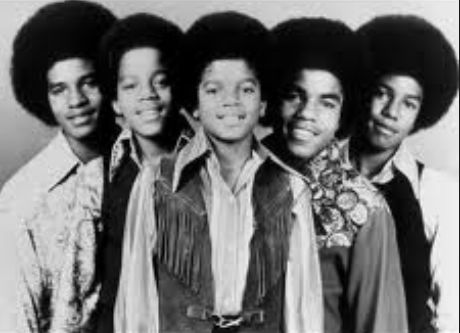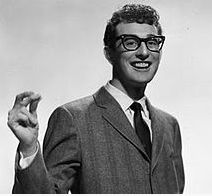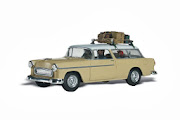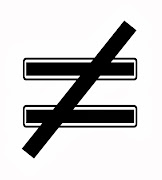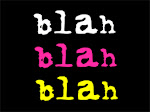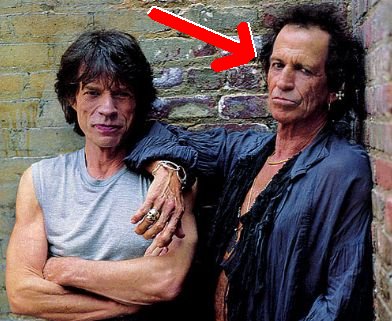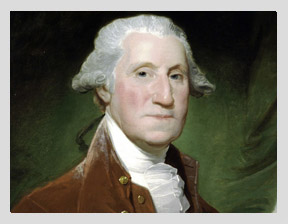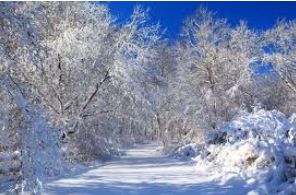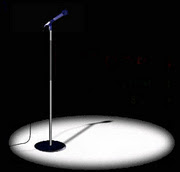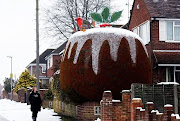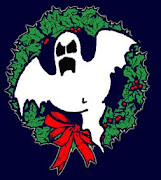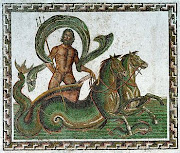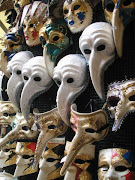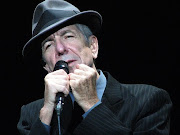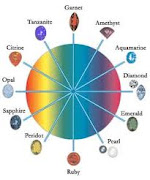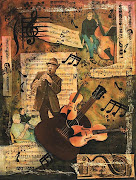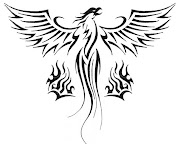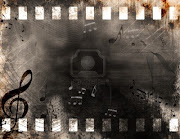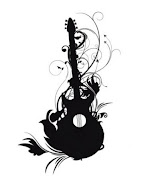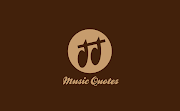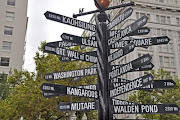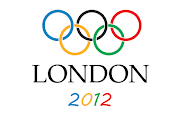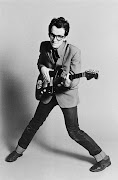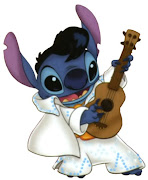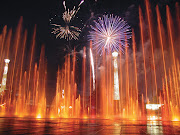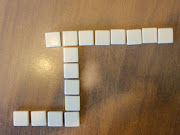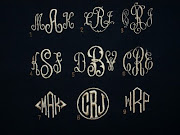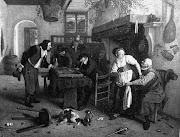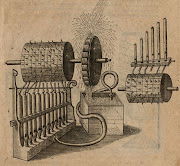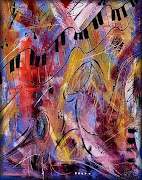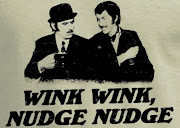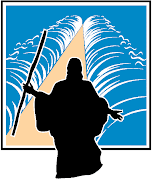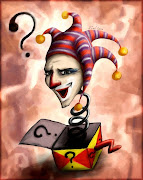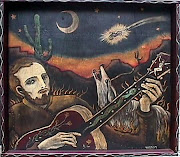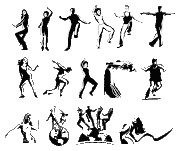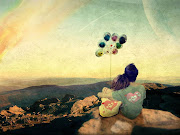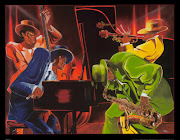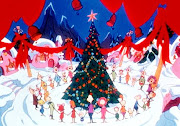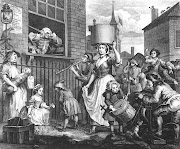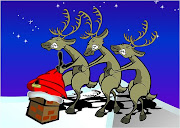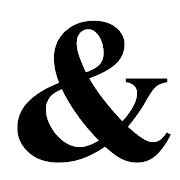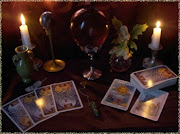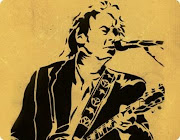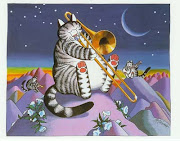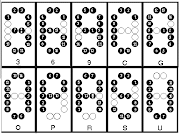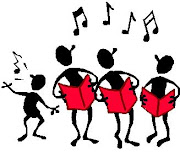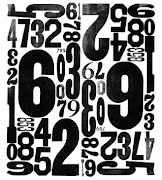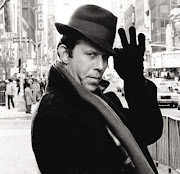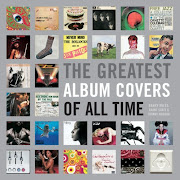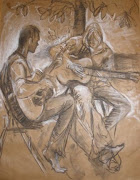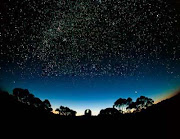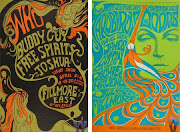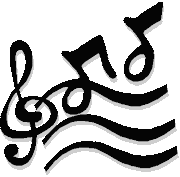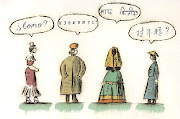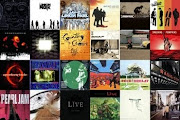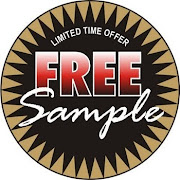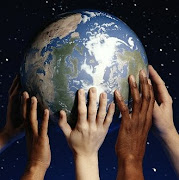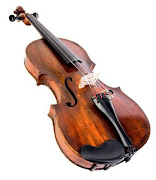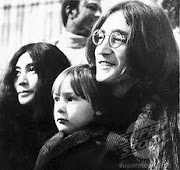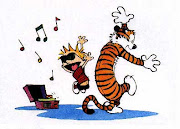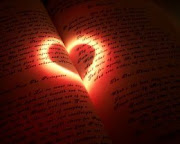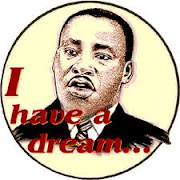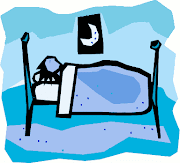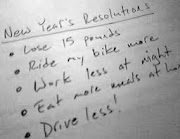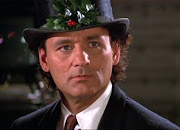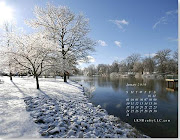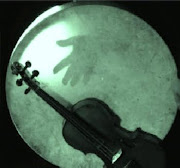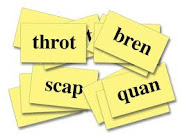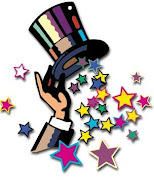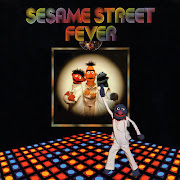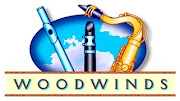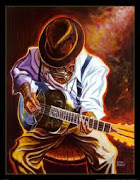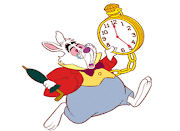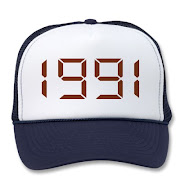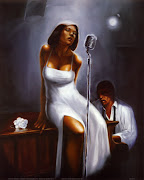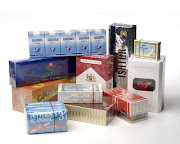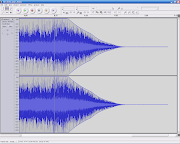| Photo by Katharine Swibold |
Last week, I stretched our Hard theme as a way to discuss the founding of a new jazz club in my hometown. Today, I’m going to stretch it again to write about what I did last weekend—listening to great music outdoors at Clearwater’s Great Hudson Revival, or, as I think most people call it, the Clearwater Festival. Because not only is it hard to put on a two day, multi-stage outdoor music, environmental and progressive festival, it is actually pretty hard to attend—but well worth the effort.
I’ve written about Clearwater experiences before, but I’ve never really focused on the whole experience. The event started in the mid-sixties, as Pete Seeger held fundraising concerts to raise money to build a boat, to highlight the need to clean up the Hudson River. The sloop Clearwater was launched in 1969, and began its educational mission, as part of a larger charitable organization. In 1978, the first large-scale event was held at Croton Point Park, right on the river, and the “Great Hudson River Revival” name was coined.
Unfortunately, ten years later, pollution from the park’s landfill forced a move to a nearby, inland college campus. My wife and I went to the festival one year during this period, with our young children, and my two strongest memories are that the one musical act we wanted to see was Dar Williams, and that while we were at a playground with the kids, Pete Seeger appeared with his banjo and just started playing.
The festival returned to Croton Point in 1998, but soccer obligations and the fact that the festival is usually on Father’s Day, kept us from returning. In 2010 Steve Lurie began booking the festival, and started to bring in bigger names to perform. When the 2011 lineup was announced, including many favorites including the Drive-By Truckers, Martin Sexton, Indigo Girls, Josh Ritter, Suzanne Vega, Jorma Kaukonen, Billy Bragg, and Dar Williams, among many other great acts, we got the courage to tell my mother that we were not coming for the traditional Father’s Day family event, and instead went to the festival. We’ve gone every year since, except for last year, when they cancelled it to focus the organization's efforts on rebuilding the sloop.
I can only imagine how hard it is to get this event off the ground. Acts need to be booked to fill as many as eight stages, in genres ranging from the traditional folk that is at the root of the festival, to rock, dance and folk music from cultures around the world, story tellers, and other performers. There are lots of jugglers. The site needs to be set up, vendors engaged, employees and volunteers trained, and the various activist booths and environmental education booths that are a hallmark of the festival have to be set up and staffed. The organizers need to make sure that the attendees can get to and from the site, there’s a campsite that has to be organized, the performers need to be taken care of, and the sound systems have to deal with the vagaries of outside shows, including heat, rain and dust. There’s a huge group of “access” volunteers to make sure that people with mobility issues are able to enjoy the weekend, and, I think, an even larger group of “Peacekeepers” to make sure that the thousands of people all get along. Then, there is breakdown and clean up. And I’m sure I’m leaving something important out.
But, as I noted, it is also sort of hard to attend this, or I suspect, any outdoor festival (my experience in the torrential rain at the Newport Folk Festival is discussed here). First, you have to get there. Our first year, we drove the 10 miles from our house to the site, only to sit in horrible traffic. We started taking the train after that. You need to bring in chairs, a cooler with food and beer, blankets and other items. Then you have to load all of this onto a school bus not designed for large adults, unload it at the end, then schlep everything to the stages.
As I mentioned above, the festival now has eight stages, but we usually spend most of our time at two-the largest Rainbow Stage, and the second largest, Hudson Stage, which literally abuts the river. The Sloop Stage also often has good music. I’ve rarely, if ever, ventured to the Dance Stage, Story Grove or Family Stage, and skipped the new Workshop Stage this year (despite the fact that there was some good stuff there). Last year, I visited the Circle of Song to support my wife’s decision to join in the singing, but not this year. So, you are often forced to make hard choices as to which of the many simultaneously performing acts you will see. Sometimes we run between the stages catching partial sets.
Then, there is the weather. Usually, it is hot, and there isn’t much shade at the Rainbow Stage. That’s what we got on Sunday. Often it rains, sometimes torrentially, like two years ago, or steadily, like this year’s Saturday in the early afternoon. By Sunday evening, I’m usually beat, and my wife sometimes leaves earlier than me.
But it was well worth it. Here’s what I saw this year: On Saturday, we arrived early, got ourselves a nice spot at the Hudson Stage, then wandered around checking out the activist and vendor booths. At 11, we were back in our seats for a tribute to Pete and Toshi Seeger by mostly older folk and blues musicians, including David Amram, Tom Chapin, Guy Davis, Holly Near and Tom Paxton.
The great Nick Lowe was next, in the rain. (Note—all videos were taken from YouTube, and not by me)
Next up on the Hudson Stage was Joan Osborne, performing Bob Dylan songs, in advance of her soon to be released album of Dylan covers. During her version of “Tangled Up In Blue,” when she sang the line “Some are mathematician,” someone up the hill to my left, presumably a mathematician, gleefully cheered. No carpenter’s wives did the same. After Osborne was done, we walked over to the Sloop Stage to catch a little of Guy Davis’s excellent folk/blues set.
But then it was time to see Toshi Reagon and Big Lovely, one of the true highlights of the weekend. Reagon, who is Seeger’s goddaughter, and named after Toshi Seeger, has performed at most, maybe all, of the festivals. She is the daughter of civil rights activists and former Freedom Singers Bernice Johnson Reagon (also a founder of Sweet Honey in the Rock) and Cordell Hull Reagon, and comes by her musical chops and political activism naturally. I can’t find a video of her from this year, but here’s one from 2012, also on the Hudson Stage, that gives an idea of how powerful a performer she is.
I got a nice picture of Joan Osborne watching the performance from backstage
Then came Los Lobos, who I have seen great, and I have seen not so great, and when they took the stage without singer/guitarist Cesar Rosas, I was worried. But they did a fun, rocking set.
The cool night ended with the hot sounds of Lake Street Dive, who are just an incredibly talented band. Great songwriting, strong musicianship and powerful, charismatic singing. It was an exhilarating way to end the long, wet day.
Then, back on the school bus, to the train, to Tarrytown and a well-deserved hot shower.
We were up again early on Sunday, packed our cooler, and decided to drive up, hoping that we wouldn’t get caught in traffic on the way up. We didn’t, and again schlepped our stuff onto the school bus which took us to the site. It looked to be a nice, hot day, but the forecast was calling for a chance of thunderstorms in the afternoon. We set up at the Rainbow Stage, walked around some more, until the music started at 11. Although I enjoy going to Clearwater to see musicians that I am familiar with, some of the fun is discovering someone new. Sunday, we started at the Hudson Stage to hear Jerrod “Blind Boy” Paxton, who is part African American, part Native American, of Cajun descent, and who is a practicing Jew (he has one Jewish grandmother, who he discussed during his set). Performing on piano, fiddle, banjo, guitar and harmonica (and the spoons), Paxton focuses on blues and jazz from the 1920s and 30s. I don’t have a video from his set, but here’s a video of part of a Black Banjo Music workshop he gave later in the day.
I stuck around for a 50th Anniversary tribute performance of Sgt. Pepper’s Lonely Hearts Club Band by Brother Joscephus and The Love Revolution, a New Orleans style band. It was great fun, all the songs were well-played, but they didn’t try to sound like The Beatles. My wife ran over to the Circle of Song to sing a little, but came back to see most of the set.
By this time, it was very hot, and the occasional clouds only briefly gave some respite, so we killed time in the shade until it was time for Tommy Emmanuel, who I only knew was supposed to be a great guitarist. Wow! His fingerpicking was unbelievably fast and it often sounded like two or three guitarists were playing. Here he is doing “Classical Gas:”
Then it was back to the Hudson Stage for one of my favorites, Alejandro Escovedo, who started out rocking hard, before doing a bunch of acoustic numbers, including “Five Hearts Breaking,” his tribute to late Austin musician Billy Smith:
As he was trying to decide what to end with, someone in the audience yelled out “Castanets,” which he decided to play, and then joked that they were becoming a request band, “and you can catch us at the Holiday Inn.” During his set, the crew began to cover the speakers and other equipment, as the skies darkened. But, mercifully, it didn’t rain.
We moved back to the Rainbow Stage, for the end of Valerie June’s performance—she was wearing a skin-tight gold dress that must have been very uncomfortable. It was time to get out of the sun for a bit, so I got a banana-strawberry ice pop to cool down, and sat in the shade watching little kids play on the swings. But then it was time to go back and see another favorite, Richard Thompson, who, as always, was amazing:
We beat a retreat to the shade to listen to a few minutes of The Kennedys at the intimate Sloop Stage—They are so good, and I would have liked to see their set at the Hudson Stage on Saturday, but they were up against Los Lobos. Here’s something from that performance:
Finally, we returned to the Hudson Stage for the much-anticipated reunion of Cry, Cry, Cry, the trio of Dar Williams, Lucy Kaplansky and Richard Shindell, who had not performed together in 18 years. Which kind of blew me away—it didn’t seem like that long ago. They were clearly having fun on stage together, and while they definitely could have used a bit more rehearsal, and they weren’t in the best voice, it was special:
They’ve announced a mini-tour (and I have tickets for the Tarrytown Music Hall show in October!), and indicated that there might be a new album in the offing. During the show, the clouds rolled in and it looked like we were going to get, as Dar Williams noted, “the apocalypse.” But, again, we dodged the bullet.
After the long weekend, and knowing that Monday was a work day, we reluctantly skipped out on Arlo Guthrie’s closing set (as well as Brother Joscephus’ performance at the Dance Stage) to load back on the bus, to our car. About halfway home, we noticed that the road was soaking wet, so it looks like the apocalypse passed just south of Clearwater. So, was it hard? It was. Was it worth it? Undoubtedly. Do I expect to be there next year? Yup.




































